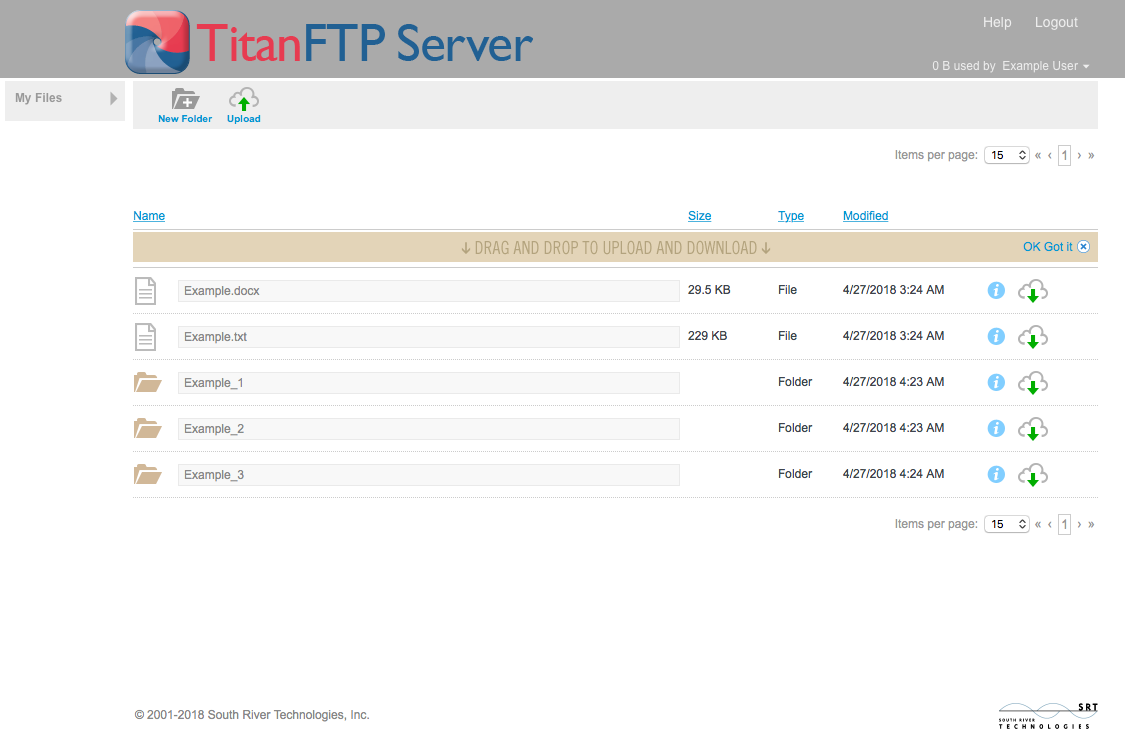If you haven’t already started processing and filing your 2013 taxes, it might be a little late in the game. They’re due shortly, and given the amount of paperwork required of self-employed individuals, there might not be enough time to gather and process it all before the April 15 deadline.
You’re probably better off filing for an extension now, which buys you extra time — six months, to be exact. You still have to estimate and make a payment, but you then have time to get all your paperwork in order. Given the painful nature of tax preparation, isn’t it better to start early?
Entrepreneurs and freelancers who don’t file traditional tax returns should start preparing now for their submission that is due April 15, 2014. That’s the only way to ensure a smooth and efficient tax filing process.
Keep your own records
Every year in January, companies that paid you money the previous year are required to mail you tax forms. These forms contain all of your income information from that company. Your job is, for the most part, to file all of those forms. But there are plenty of ways you need to protect yourself.
There are three main issues you need to concern yourself with, all of which are reasons to keep your own independent records:
- Companies that pay you less than $600 don’t need to send you forms, but you do need to pay tax on that income.
- The income the company reports might not be accurate.
- The company might neglect to supply you with a form at all.
In each of these cases the only remedy is keeping your own records. That means starting right now. What is QuickBooks accounting software? It is the tool that can help you keep records of everything you earn, so you can accurately report to the IRS. The last thing you want is to owe them back taxes.
Get quarterly forms
Most traditional employees do not understand how taxes work. They go to work every day, collect a taxes-deducted paycheck, receive one form from their company, and file it accordingly. What they don’t realize is that their companies remit taxes quarterly. Freelancers and entrepreneurs are expected to do the same.
Failure to pay quarterly results in interest penalties applied to the year-end tax assessment. Maybe your tax bill comes to $12,000 based on income, but you might pay closer to $13,000 thanks to interest. The key, then, is to file quarterly. You can find the forms here. Start filing quarterly as soon as you can. It will end up saving you considerable money throughout the course of the year.
Create additional savings
Traditional employees typically don’t need to worry about paying their taxes. With just a single source of income, from a company that withholds taxes, most traditional employees can file their paperwork and actually expect a refund. For freelancers and entrepreneurs the equation isn’t so simple.
Even those who pay quarterly might end up owing more when the tax bill comes due. This is due to the fluctuating nature of freelance and entrepreneurial incomes. There is no steady, regular weekly pay check. Payments ebb and flow. You might estimate and pay a certain level of taxes, but a new contract later in the year can change your tax picture. Even getting paid just before the new year, rather than just after, can affect your income status.
The solution: create a backup savings account. Something as simple as Capital One 360 will suffice. They pay you a pittance for an interest rate, but it’s better than nothing. The funds can come in quite handy if you have taxes due on April 15th.
Know your forms and who sends them
Do you know if you filled out a W-9 for a particular company? Will you get a 1099 from them? Yes, figuring out tax documents is a pain that traditional employees do not face. For freelancers and entrepreneurs, though, they are of the utmost importance. Filing the wrong form can lead to monthly of red tape and issues, and could cost you money in the form of IRS penalties.
If you are self-employed, make sure you check out various tax forms so you know which apply to you. Another important point: know the person who deals with tax forms at each company you perform work for. You might have to hound a company for tax forms in February. Knowing who to contact about those forms is important. If you know exactly what form they need to send you, all the better.









Comments